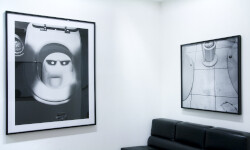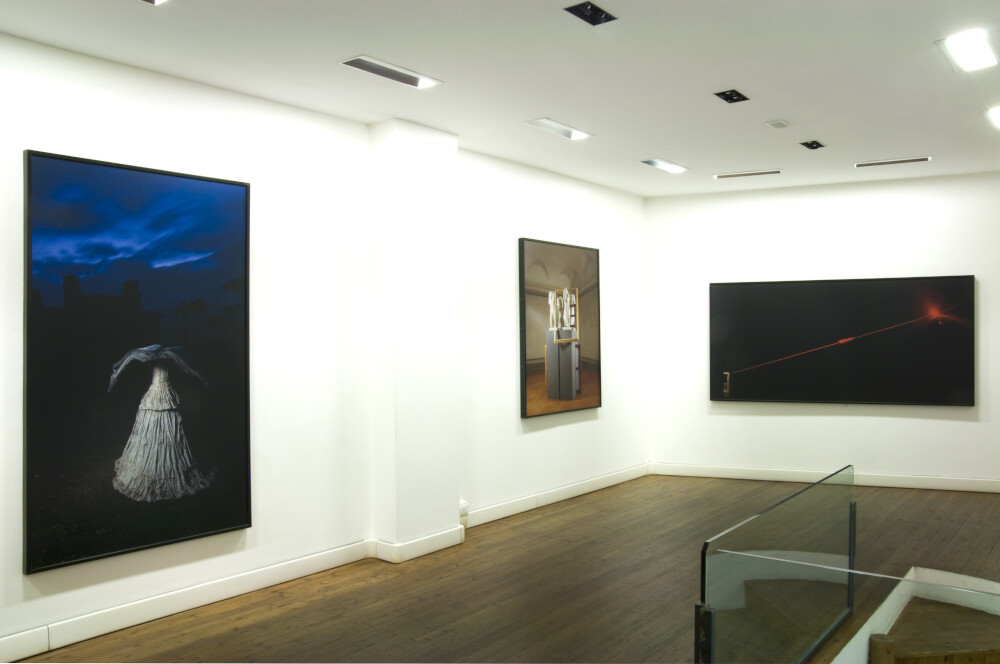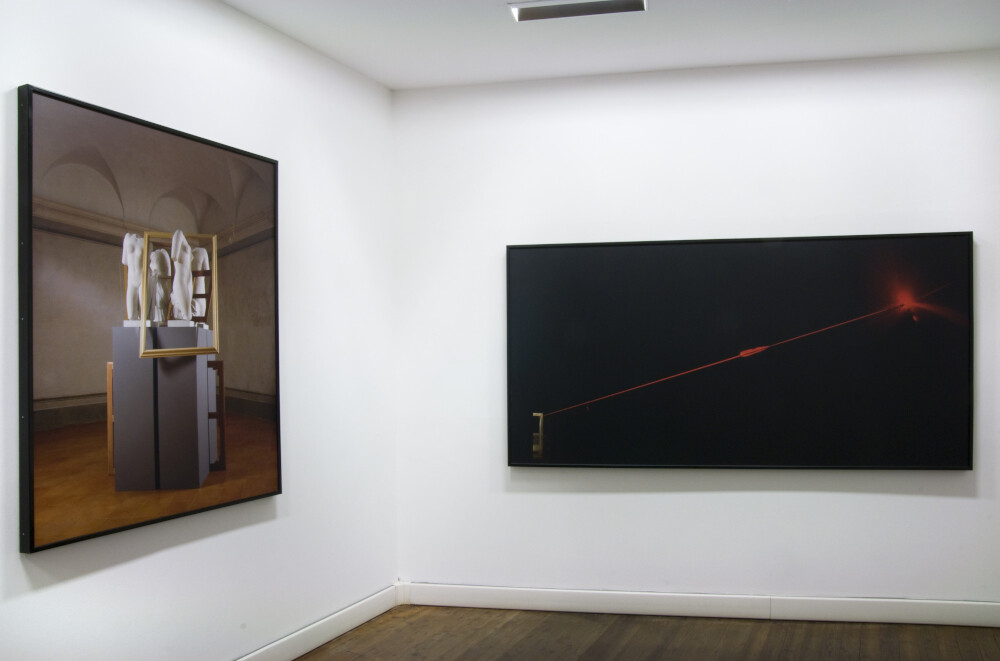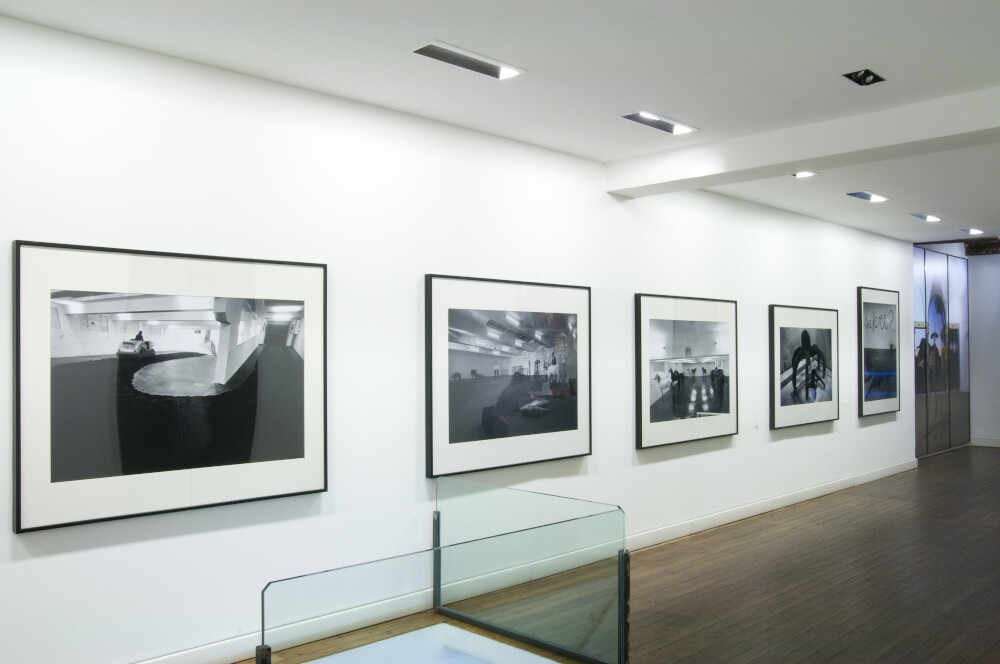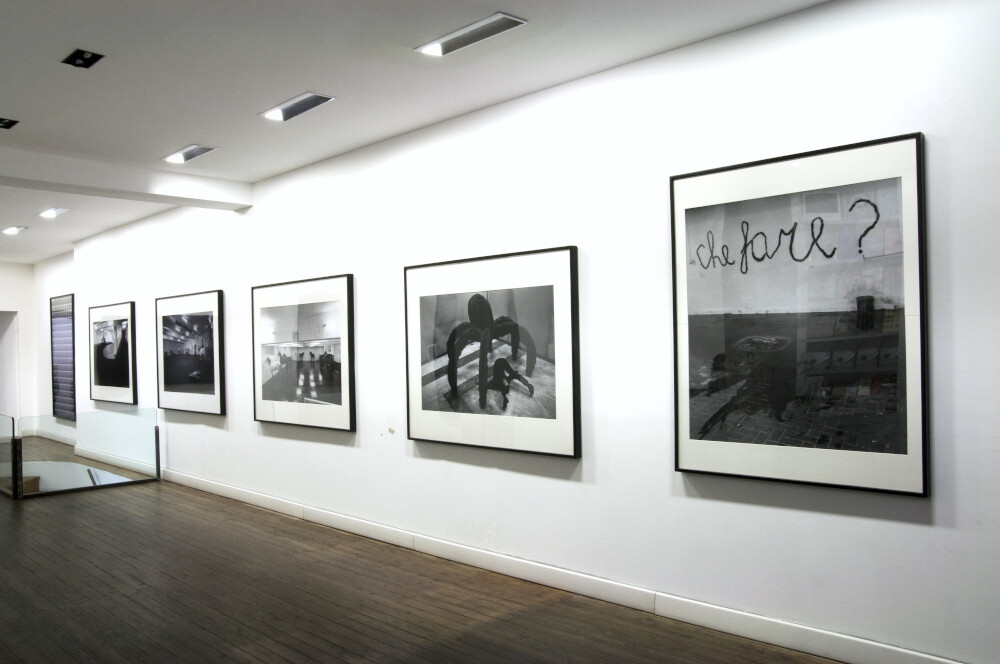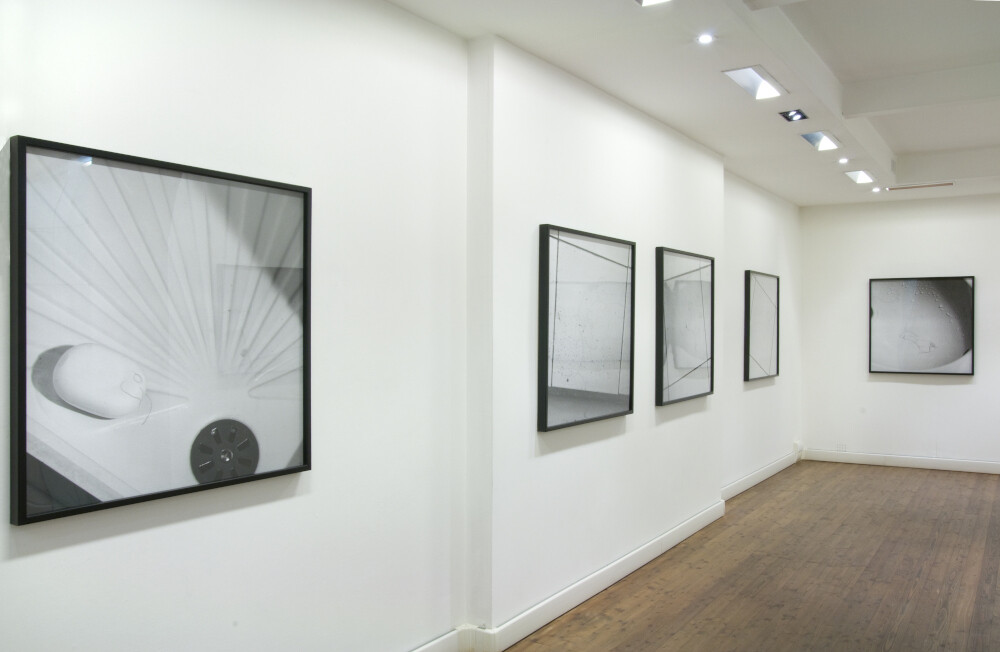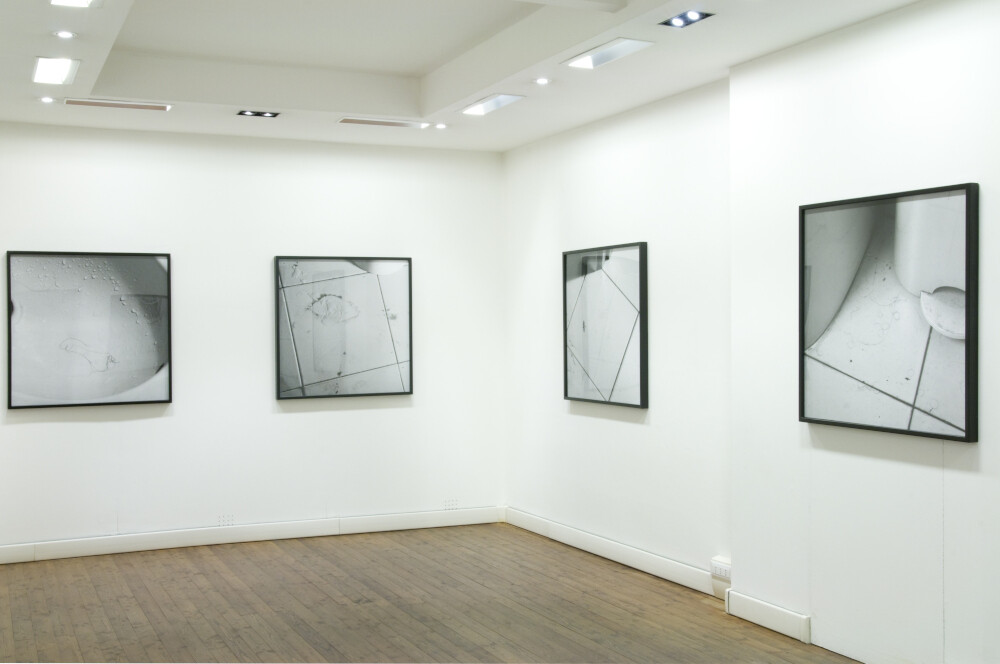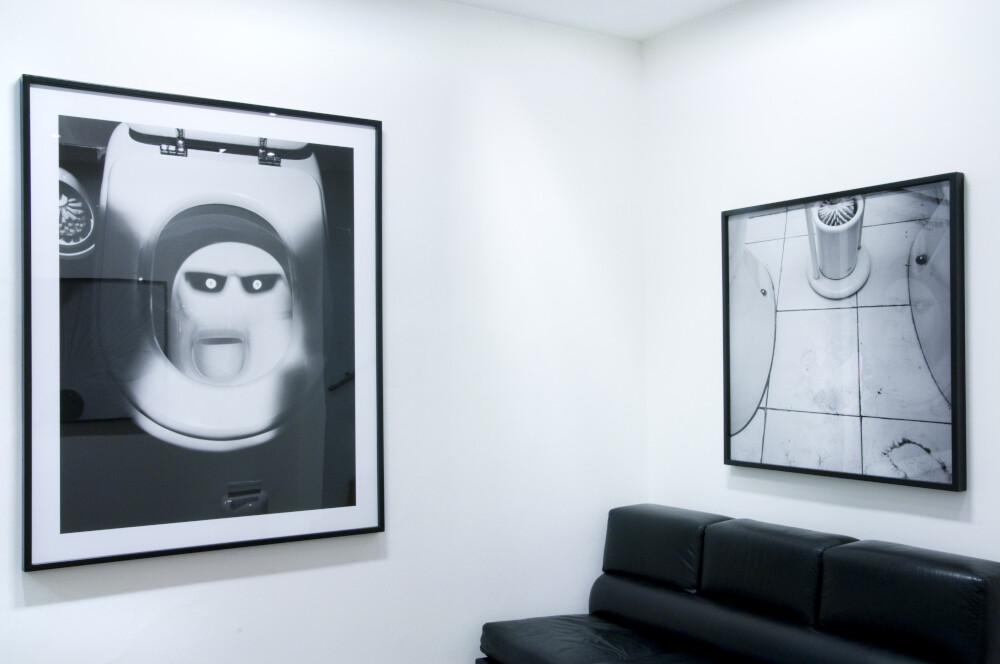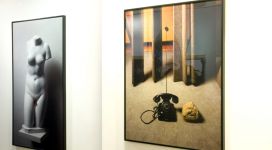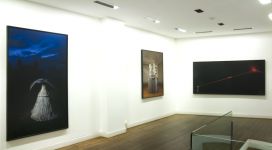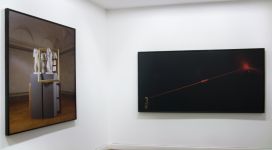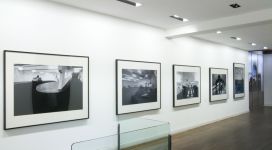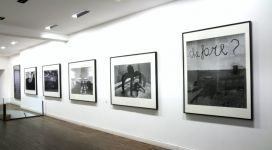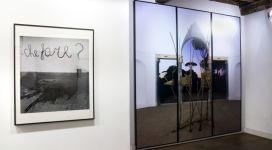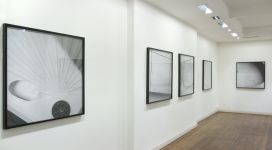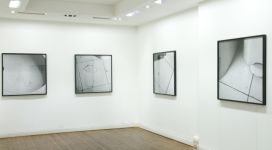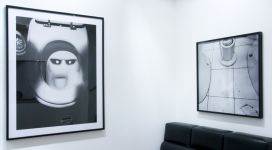| CLAUDIO ABATE | Close up 2010 | |
| Installations, performance art & the bathroom | browse the Catalog | |
| curated by MAURO PANZERA and ANDREA ALIBRANDI | ||
| 11 october 2008 – 24 january 2009 |
Galleria Il Ponte opened the new autumn exhibition season with the first Claudio Abate solo exhibition shown in Florence, comprising two main bodies of work. Around twenty photographs of installations and performances, many of which never seen before, taken from his extraordinary repertoire of the history in images of contemporary art starting from the 1960s, and eleven photographs from the bathroom series (2007), published for the first time in a catalogue printed by the gallery with a foreword by Mauro Panzera.
‘Every time [his] photographs,’ as writes Jean–Luc Monterosso, ‘give the same sensation: that you are standing in the best place to observe the work. His use of light, his perfect grasp of space and above all his intimate knowledge of the sculptures and objects he is photographing testify to an exceptional talent. Claudio Abate is a master in the art of creating a relationship between the spectator, the work and its context. The artist manages to give the image of a sculpture a third, interior dimension, which associates the gaze to the creator’s sensitivity and intuition. Of the work Claudio Abate imparts a subtle and mitigated form of what Walter Benjamin calls its ‘aura’. It presents itself to us as its echo, and it is in this sense that the artist’s work steps away from a simple reproduction. By providing a rigorous and at the same time poetic interpretation of a work and relating the spectator to its cultural and artistic context, Claudio Abate restores part of its inner spirituality’.
The bathroom shows a completely different side to Abate. An apparent, cheeky irony emerges from the subject and his methods of capturing it – above all in the self-portrait, a photograph of his reflection in the toilet, and the recognisable figures created from hair, body hair and grains of dust appearing on the white surface of the tiles. But the depth of the image shot in a crisp black and white wins over to become a visual and conceptual element with great strength of expression.
